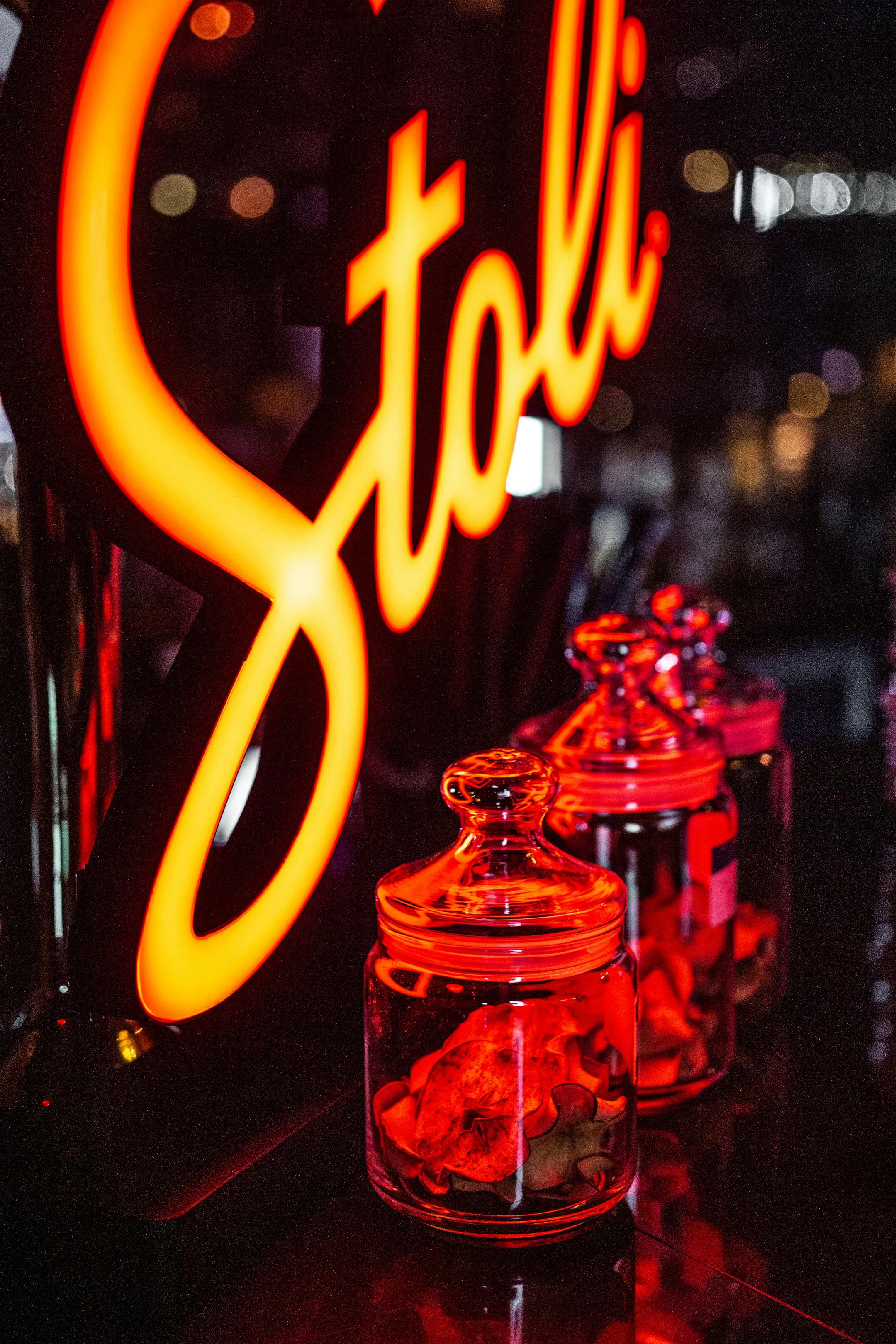
Two Spirits Companies File for Bankruptcy: What Stoli Group USA and The Montana Distillery Reveal About the Alcohol Industry in 2025
In a sobering turn for the beverage industry, two spirits companies—Stoli Group USA and The Montana Distillery—have filed for Chapter 11 bankruptcy protection within months of each other. Though vastly different in scale and market positioning, both filings reflect broader volatility across the alcohol and spirits landscape, from cyberattacks and legal battles to supply chain issues and razor-thin profit margins.
This dual financial turmoil reveals cracks in the foundation of even well-known liquor brands and underscores the urgent need for operational resilience and digital security in the spirits business.
On November 27, 2024, Stoli Group USA, the American subsidiary of the global spirits company Stoli Group, filed for Chapter 11 bankruptcy in the U.S. Bankruptcy Court for the Northern District of Texas. The case, formally known as Case No. 24-80146, is being overseen by Judge Scott W. Everett and involves significant restructuring efforts to stabilize operations.
Stoli Group USA’s bankruptcy filing was triggered by a trio of major disruptions:
The company reported liabilities ranging from $50 million to $100 million, which created insurmountable pressure on liquidity and day-to-day operations.
A major cyberattack in August disrupted core business functions, compromised internal systems, and caused compliance issues with key banking partners. The incident hindered the company’s ability to meet financial obligations and left vendors scrambling.
Stoli Group’s long-running legal battle with Russian state-owned entities stems from its rebranding of Stolichnaya to Stoli in 2022, a strategic move meant to disassociate from Russian origins after the invasion of Ukraine. These legal entanglements have consumed resources and contributed to brand confusion in global markets.
👉 More on the Stoli Group USA bankruptcy filing here
Despite the Chapter 11 filing, Stoli vodka and Kentucky Owl bourbon will remain on the market during the restructuring process.
A globally recognized brand, Stoli vodka is the cornerstone of the company’s portfolio. It will continue to be distributed in the United States throughout the bankruptcy process.
Also part of the filing is Kentucky Owl, the company’s high-end bourbon label. According to TheStreet, Kentucky Owl is famed for its small-batch releases, with some bottles exceeding $1,000 in value. The brand has become a collector’s item, and there are no immediate plans to pause production.
“While restructuring, the company intends to continue operations of both brands without layoffs or distribution changes,” a company spokesperson noted.
Chapter 11 is often referred to as a reorganization bankruptcy, allowing companies to continue operating while renegotiating their debts. It’s a strategy used by corporations to avoid liquidation and find a path toward future profitability.
For Stoli Group USA, the Chapter 11 filing is a strategic move to protect its American operations and buy time to resolve legal and financial hurdles.
On April 1, 2025, another spirits company joined the list: The Montana Distillery, a craft distiller based in Stevensville, Montana, filed for Chapter 11 bankruptcy in the U.S. Bankruptcy Court for the District of Montana.
Despite its smaller size compared to Stoli, The Montana Distillery’s bankruptcy is significant because it illustrates the fragility of craft distillers, especially amid market saturation and operational headwinds.
👉 Read the full article on The Drinks Business
According to the Chapter 11 filing:
The Montana Distillery emphasized that it will stay open for business during the bankruptcy process, with plans to introduce a leaner operating model and potentially bring in investors.
Stoli’s vodka empire and Kentucky Owl’s $1,000 bottles weren’t enough to stave off bankruptcy. Nor was The Montana Distillery’s local charm. The lesson? No brand is immune.
The cyberattack that hit Stoli Group USA is part of a growing trend of cybercrime targeting food and beverage companies. As reliance on digital infrastructure grows, so does the need for robust cybersecurity measures.
Stoli’s decision to rebrand in response to geopolitical events has been met with mixed results. The move alienated some customers and created new legal disputes, illustrating how international politics can ripple into brand equity.
The Montana Distillery’s financial troubles reflect a larger challenge for craft spirits: many operate with thin margins, limited scale, and high fixed costs. Even minor disruptions can send them into crisis.
Most consumers won’t see immediate changes—Stoli vodka, Kentucky Owl, and Montana’s craft spirits are still available for purchase.
But keep an eye out for:
The dual bankruptcies of Stoli Group USA and The Montana Distillery offer a powerful lesson for the spirits industry. Whether you're a global powerhouse or a boutique craft distiller, financial resilience, cybersecurity, and brand clarity are more critical than ever.
Spirits brands must adapt quickly—not only to shifting consumer tastes, but also to cyber threats, geopolitical issues, and operational risks. In an industry where perception, loyalty, and legacy matter, these stories are not just cautionary—they are clarion calls for transformation.